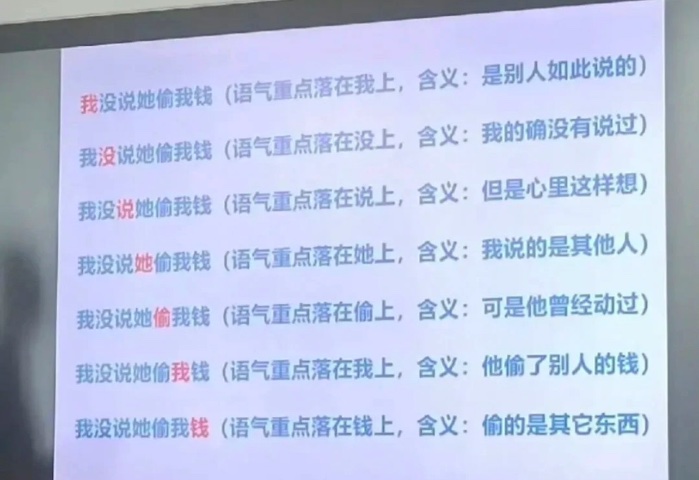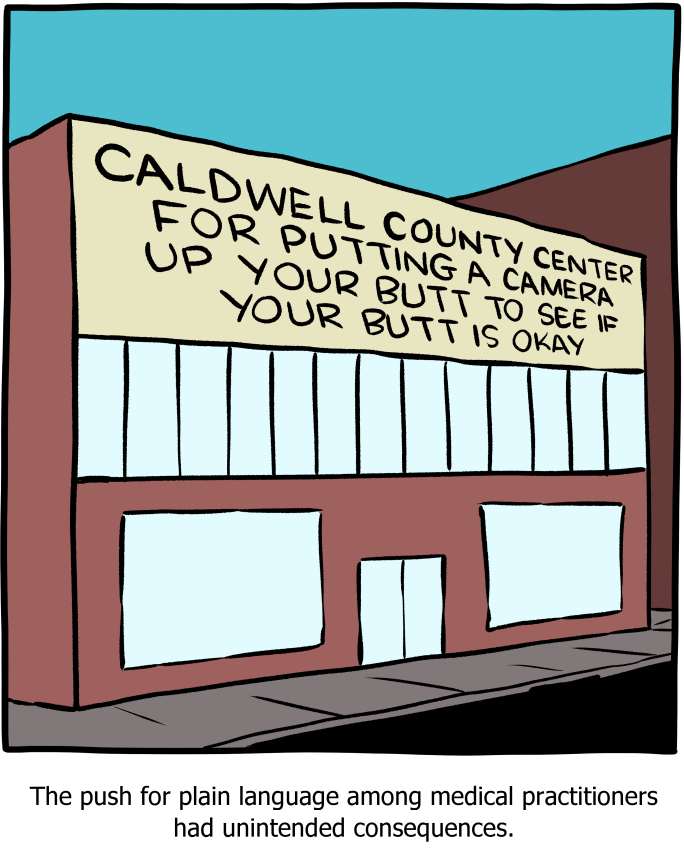Lots of nots
Ron Irving sent in this sentence from Will Bunch's latest Philadelphia Inquirer column ("Proud Boys’ only ‘idea’ is violence. Penn State is wrong to give its leader a platform", 10/13/2022):
What’s more, it’s hard not to think that McInnes and his allies didn’t choose both their location — State College, on a campus surrounded by the counties that went so heavily for Trump in the last two elections — and the timing (15 days ahead of two of the nation’s most-watched midterm elections) with the idea not of winning converts through their “humor,” but with the hope of fomenting even more violence.
Ron's comment: "So Will is saying 'it’s easy to think that McInnes didn’t choose the location and timing with the hope of fomenting even more violence'? One too many negations, I’d say."
Read the rest of this entry »






